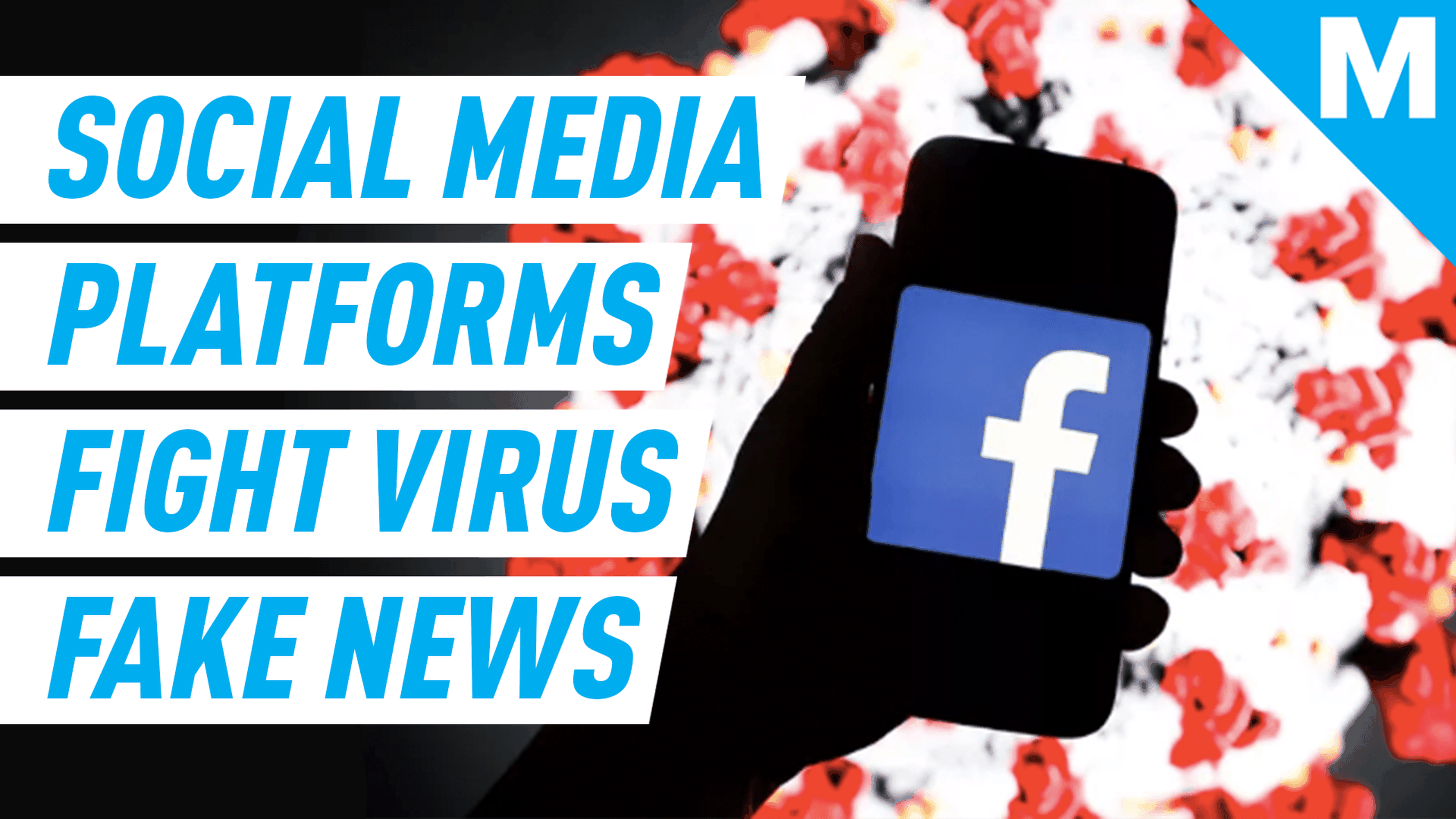
Let’s get one thing straight: conservatives are not censored on social media. In fact, they’re thriving.
Regardless, President Donald Trump plans to sign an executive order on Thursday aimed at preventing Twitter and Facebook from doing anything to limit the reach of his misinformation.
It all started on Tuesday, when Trump, as he has done thousands of times before, lied on Twitter.
So what’s new? Twitter addended one of Trump’s lies — in this case, that mail-in ballots would lead to a “rigged election” — with a link to more accurate information from trusted news sources.
Now, according to leaked drafts of the executive order, Trump will direct federal agencies, including the Federal Communications Commission (FCC) and Federal Trade Commission (FTC), to review liability limits that prevent social media companies from being sued for the content they host.
At the heart of the matter is Section 230 of the Communications Decency Act. It says internet companies aren’t liable for speech from third parties hosted on their sites. If a publication posts something libelous, it might face legal consequences — but Facebook and Twitter are in the clear. (There are limits. For example, Facebook could be sued for hosting copyrighted video or allowing sex trafficking.)
If Section 230 were repealed, and that’s a big “if,” as we’ll get to later, the internet would change drastically.
“Frankly, a lot of social media platforms wouldn’t be around anymore, because they won’t be able to afford the legal risks,” said Corynne McSherry, legal director at the Electronic Frontier Foundation.
“One of the big ironies here is that Section 230 protects, arguably, a lot of what President Trump posts online.”
“One of the big ironies here is that Section 230 protects, arguably, a lot of what President Trump posts online,” she added.
Trump, however, can’t revise the Communications Decency Act with an executive order, said Timothy Zick, a professor of law at the William & Mary School of Law and author of The First Amendment in the Trump Era. That’s because “the FCC doesn’t enforce the relevant law — state and federal courts do that,” Zick said. “President Trump can urge Congress to amend or repeal Section 230, but he doesn’t need an executive order to do that.”
McSherry agrees that the executive order probably won’t change much.
“It’s going to face legal challenges right away,” she said. “We’re not going to see anything take effect anytime soon.”
In that light, Trump’s move seems mostly like revenge for being fact-checked, and a way to put pressure on Twitter and Facebook to allow him to spread misinformation without consequences.
Sadly, social media companies have, for the most part, played Trump’s game. After Twitter’s very light fact-check, Mark Zuckerberg went on Fox News to stress that Facebook wouldn’t be doing the same thing.
“We have a different policy than Twitter on this,” Zuckerberg said. “I believe strongly that Facebook shouldn’t be the arbiter of truth of everything that people say online.”
Zuckerberg gets to profess his belief in free speech to maximize profit. Facebook mints money as users engage with viral misinformation. And Trump gets to erode trust in elections with impunity. Everyone wins — except democracy in America.
